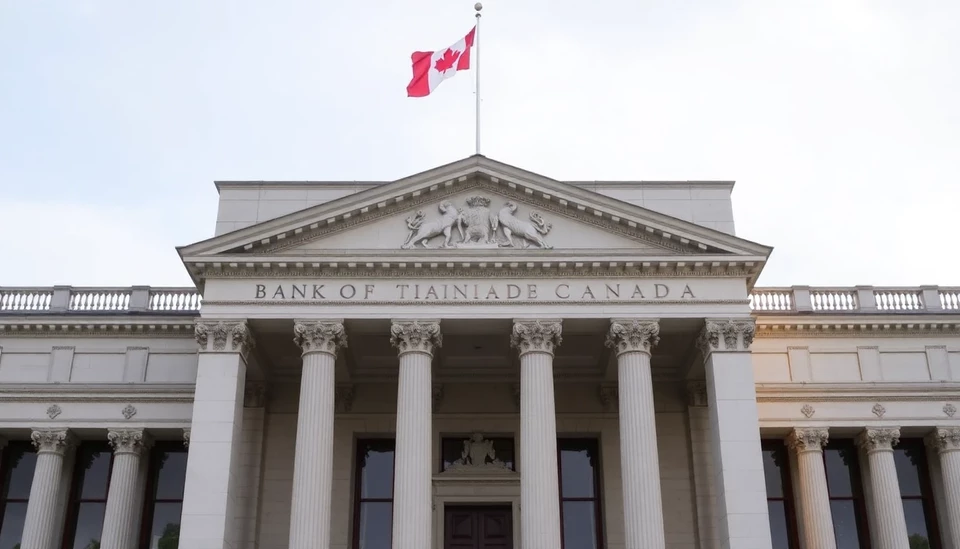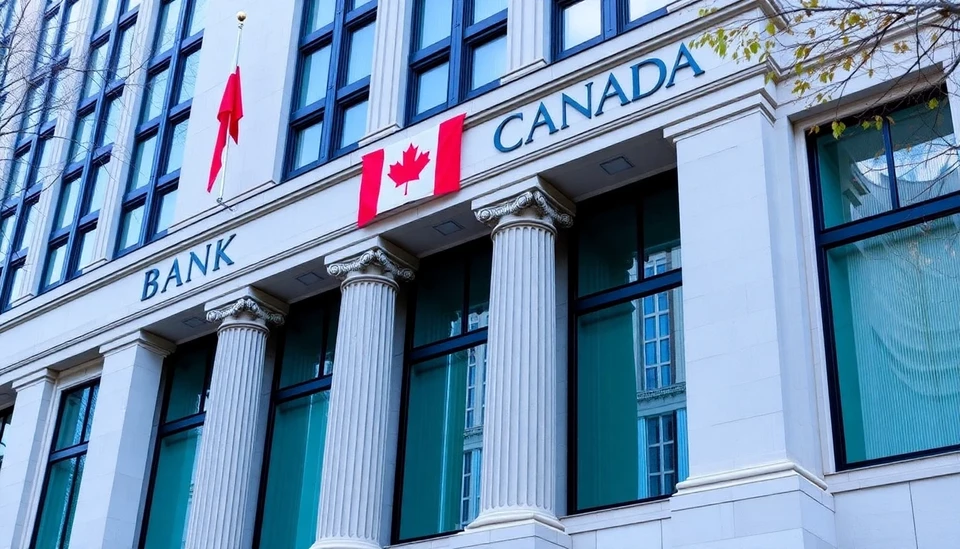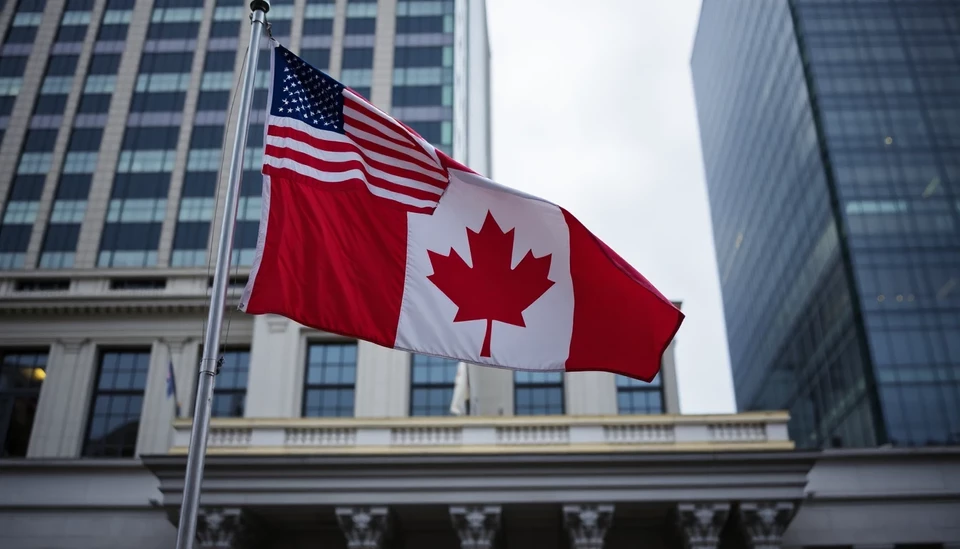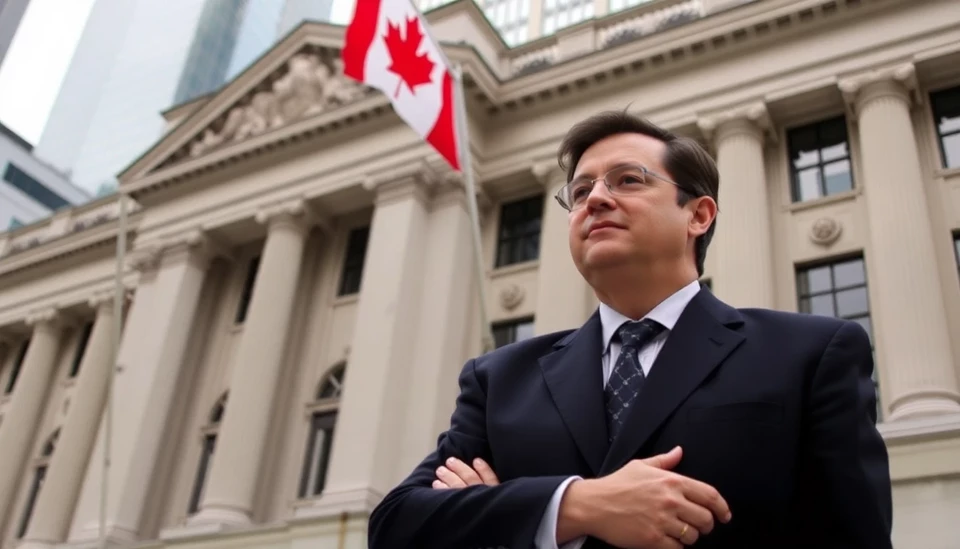
The Bank of Canada has issued a stark warning, forecasting a prolonged recession lasting up to a year as the nation grapples with the escalating impacts of a full-scale trade war. This development comes as international trade tensions rise, particularly involving Canada’s extensive trading partners, and is set against the backdrop of a fragile global economy already burdened by high inflation rates and shifting consumer demand.
In its latest economic outlook, the central bank outlined that the anticipated recession is not just a temporary setback but a significant period of economic contracting, driven by external shocks. The report indicates that Canada's economy will face severe headwinds, including reduced export demand, increased tariffs, and a slowdown in business investment, all of which are expected to stifle growth and push the economy towards a downturn.
The decision to downgrade economic forecasts links closely to the turbulent landscape of international trade, where increasing protectionist measures and retaliatory tariffs are creating an uncertain environment for businesses. The Bank of Canada highlighted that such conditions can decrease market confidence, leading to hesitance among businesses when it comes to investment and expansion. As a result, the central bank has projected a significant decline in Canada’s GDP, which could contract as much as 1.5% over the year.
Analysts suggest that the adverse effects of the trade war will deepen if the situation escalates further. Economists are cautioning that heightened tensions could potentially strain not just Canada’s economy but also ripple across the global marketplace, compounding challenges for nations already dealing with economic recovery post-pandemic. The prolonged period of uncertainty is expected to hinder consumer spending and business operations, which are critical drivers of economic growth.
The Bank of Canada has stated that it stands ready to intervene as needed to stabilize the economy and navigate the complexities of the impending recession. This may involve adjusting interest rates or employing quantitative easing measures to inject liquidity into the markets. However, the efficacy of these tools in the face of trade-related shocks remains uncertain.
Moreover, as the bank reassesses its economic strategies in light of the trade turmoil, Canadians may see shifts in monetary policy aimed at counteracting potential fallout. The central bank’s emphasis on resilience and adaptability will be key as it manages its monetary policies in a dramatically changing economic landscape, asserting that proactive measures are essential to mitigate risks and safeguard economic stability.
In summary, the Bank of Canada is bracing for significant economic challenges ahead, driven primarily by the intensifying trade war. With a year-long recession on the horizon, stakeholders across sectors will need to remain vigilant and responsive as they navigate what promises to be a turbulent economic period.
As these developments unfold, the response from both the government and industry leaders will be crucial in shaping the path forward for Canada’s economy. Continuous monitoring and strategic planning will be required to address the multifaceted impacts of the recession and trade war effectively.
#BankOfCanada #Recession #TradeWar #EconomicForecast #GDP #Investment #Business #MonetaryPolicy #EconomicStability
Author: Laura Mitchell




